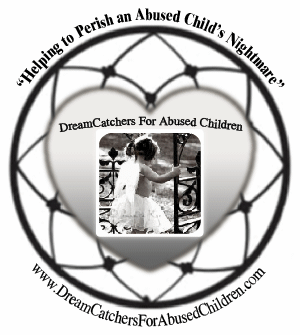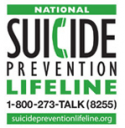 The American Academy of Pediatrics (AAP) offers these tips for parents. Please feel free to use them in any print or broadcast story with appropriate attribution of source. Sexual abuse is a difficult subject for most people to discuss, and especially difficult for parents to discuss with their children. But as frightening as the topic may be, sexual abuse is a serious and, unfortunately, common problem that affects both boys and girls. In most cases, the person who sexually abuses a child is an adult or older child known to the victim, often an authority figure that the child knows, trusts or loves. The offender usually uses coercion and manipulation, not physical force, to engage the child.
The American Academy of Pediatrics (AAP) offers these tips for parents. Please feel free to use them in any print or broadcast story with appropriate attribution of source. Sexual abuse is a difficult subject for most people to discuss, and especially difficult for parents to discuss with their children. But as frightening as the topic may be, sexual abuse is a serious and, unfortunately, common problem that affects both boys and girls. In most cases, the person who sexually abuses a child is an adult or older child known to the victim, often an authority figure that the child knows, trusts or loves. The offender usually uses coercion and manipulation, not physical force, to engage the child.
What parents should know about child sexual abuse:
- Most offenders are known to the child; they may be family members, relatives, friends, teachers, coaches, babysitters, and others in positions of authority.
- Children most susceptible to sexual abuse have obedient, compliant and respectful personalities. They may be children from unhappy or broken homes, as these youngsters may be eager for attention and affection.
- Children who are victims of sexual abuse can display many or few behavioral symptoms. They may withdraw from family or friends, display poor school performance, experience depression, anxiety, or exhibit aggressive and self-destructive behavior. Or they may not display any outward abnormal behavior.
- Child sexual abuse often involves more than a single incident, and can go on for months or years.
- Sexual abuse includes any kind of sexual act or behavior with a child, and includes activities involving genital contact as well as non-contact events- such as showing pornographic images to children, taking pornographic photographs of a child…
READ MORE HERE
 CHICAGO – A 15-year-old Chicago-area girl pleaded guilty in juvenile court on Tuesday to the fatal stabbing of her younger sister in a quarrel over household chores, local media reports said. The girl, who was not identified because she was charged as a minor, stabbed her 11-year-old sister 40 times with a kitchen knife. The Daily Herald in suburban Chicago reported the attack took place last January when the two girls were home alone in Mundelein, Illinois. READ MORE HERE
CHICAGO – A 15-year-old Chicago-area girl pleaded guilty in juvenile court on Tuesday to the fatal stabbing of her younger sister in a quarrel over household chores, local media reports said. The girl, who was not identified because she was charged as a minor, stabbed her 11-year-old sister 40 times with a kitchen knife. The Daily Herald in suburban Chicago reported the attack took place last January when the two girls were home alone in Mundelein, Illinois. READ MORE HERE






























![Validate my RSS feed [Valid RSS]](http://dreamcatchersforabusedchildren.com/wp-content/uploads/2009/10/valid-rss.png)












